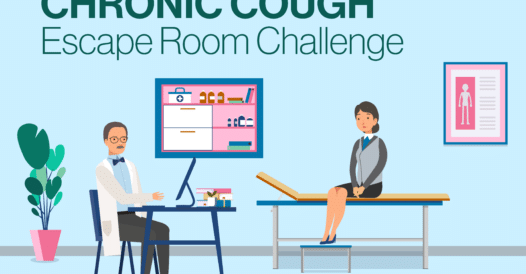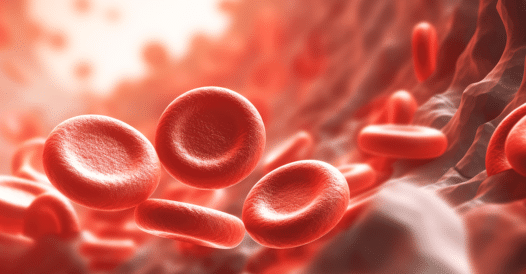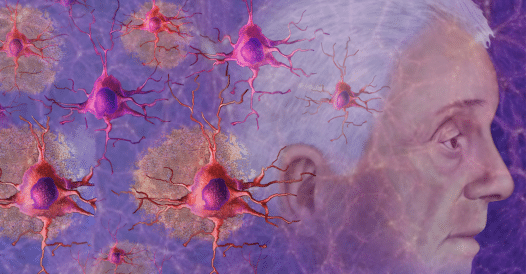Actionable Opportunities for Molecularly Classified Endometrial Cancers
Multiple clinical practice guidelines for the treatment of endometrial cancer (EC) recommend consideration of molecular testing, particularly for high-grade tumors. Yet despite its prognostic value, molecular classification is not always a part of standard risk assessment in EC. Clinical uptake …








